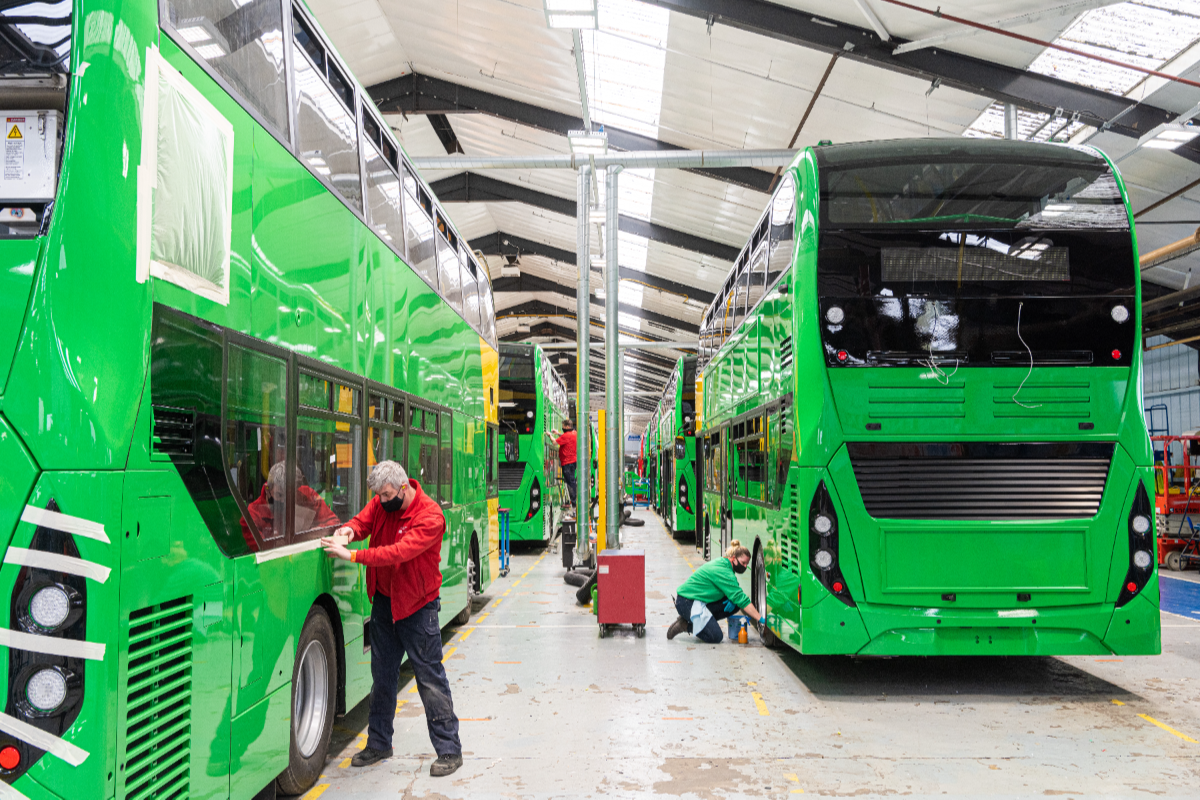
A new injection of government funding into zero-emission buses is expected to provide a significant boost to UK bus manufacturers including Scarborough's Alexander Dennis.
The government has invested nearly £38 million to bring 319 new green buses to communities across England by Spring 2027. This funding aims to support cleaner and greener public transport.
The government expects around 60% of government-supported zero-emission buses to be made in Britain, which they believe will create jobs and spearhead growth across the sector. According to the government, previous Zero Emission Bus Regional Area (ZEBRA) investments have already seen 60% of funded buses being procured from domestic firms, supporting highly skilled jobs and growing regional economies.
To further support this ambition, the government has launched the UK bus manufacturing expert panel. This panel brings together industry leaders and metro mayors to discuss opportunities and challenges within the bus sector. The aim is to ensure the UK remains a market leader in zero-emission bus manufacturing and to put local people at the heart of bus building.
Local Transport Minister Simon Lightwood hosted the debut event of the panel in Sheffield, which was attended by industry experts from organisations including Scarborough's Alexander Dennis. Discussions explored ways to ensure the UK remains a leader in bus building while helping local authorities deliver their transport ambitions. Manufacturers at the event, including those from Alexander Dennis, emphasised the economic benefits of zero-emission bus technology, stating its potential to support jobs across the country and help the government deliver on its promise of Growth through its Plan for Change.
Simon Lightwood MP emphasised the hope that the majority of new buses needed will be built in the UK
The Minister said, "By creating a pathway for UK manufacturing growth, we are not just transforming our fleets – we are prioritising high quality buses that meet the needs of passengers, boosting regional economies to drive up living standards, and putting a coalition of highly skilled manufacturers and passionate local leaders at the heart of our zero-emission future".
The government believes that UK-based manufacturers are well-placed to benefit from these new bus orders. The funding allocated to local authorities is also expected to be topped up by at least £3 of private investment for every pound of government funding.
The Minister says that the incoming Bus Services Bill is also anticipated to transform the bus industry by giving local leaders greater control over their services. The Bill will include a measure to end the use of new diesel and petrol buses across England from no earlier than 2030. The government wants manufacturers to have a seat at the table as forward-thinking measures on zero-emission buses are considered.
Jason Prince, Director of the Urban Transport Group, stated,
"The UK has a successful history of building buses and has the potential to be a global leader when it comes to manufacturing zero emission buses. The Government’s new Panel - of which we are pleased to be a part of – will bring together leaders from across the sector to help secure the UK’s strong bus manufacturing position and to deliver new jobs, greener buses, cleaner air and regional economic growth".
The new investment is intended to boost regional economies and create jobs in engineering, construction, and green manufacturing across the country. The funding has been allocated to twelve successful local authorities across England, following bids to expand their zero emission bus fleets, and will see 319 cleaner, more comfortable vehicles serving passengers by Spring 2027.
Simon Lightwood says that the creation of the UK bus manufacturing expert panel will help bring together firms like Alexander Dennis and commissioning bodies like the metro mayors.
The minister says there will be further opportunities to develop local bus services with the passage of the Bus Services Bill which is currently progressing through Parliament.
Among the biggest winners are Nottinghamshire County Council, who will benefit from £2.3 million to launch 42 new electric buses, Hull City Council, where £3.9 million has been allocated to provide 42 vehicles, and the West of England Combined Authority, who will receive nearly £20 million for 160 buses.




 Bridlington RNLI Launches to Assist Dog in Trouble in the Sea
Bridlington RNLI Launches to Assist Dog in Trouble in the Sea
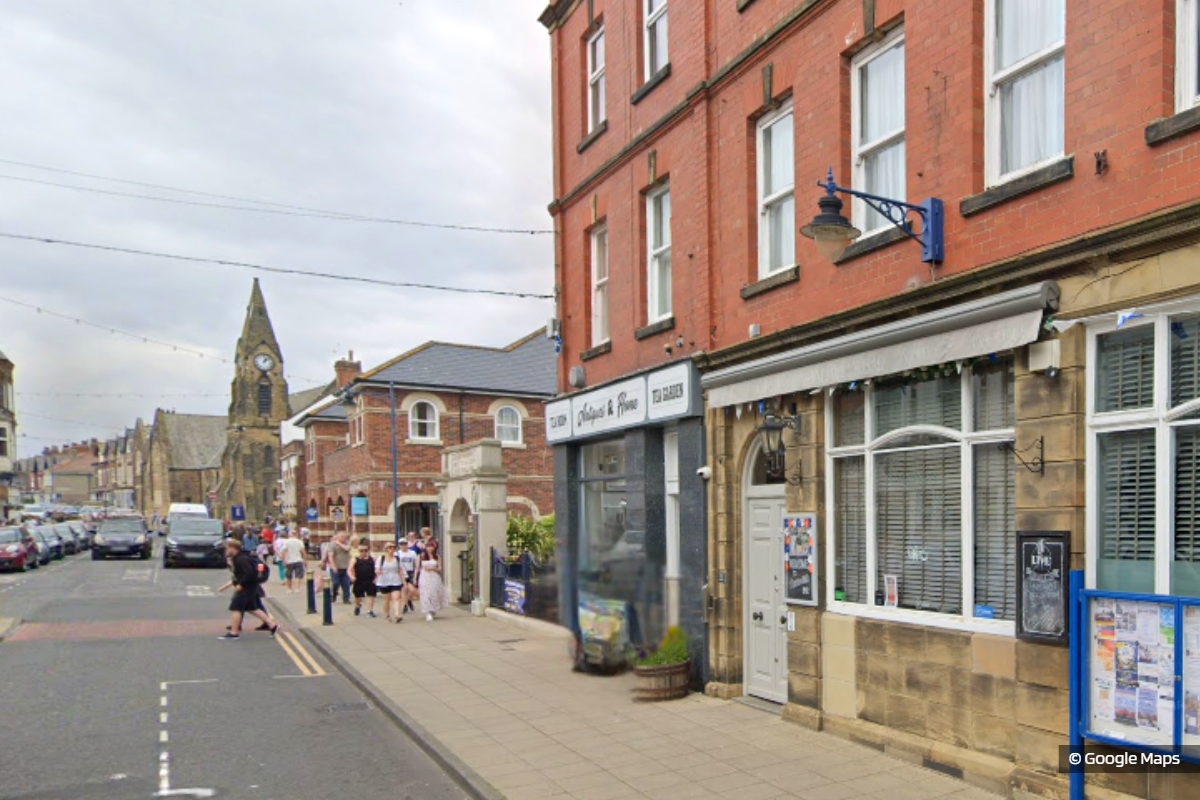 Filey Bar’s 1am Licence Request Raises Concerns About Residents’ Sleep and ‘Memorial Events’
Filey Bar’s 1am Licence Request Raises Concerns About Residents’ Sleep and ‘Memorial Events’
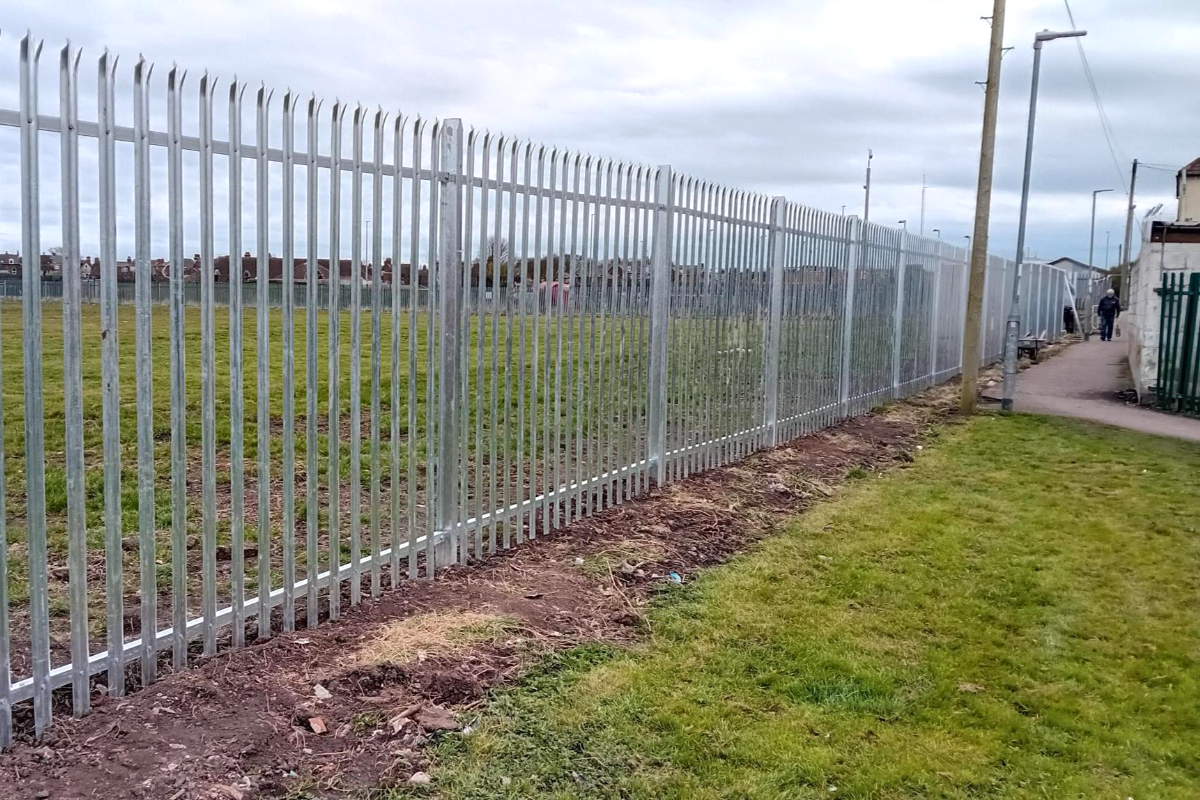 Security Measures Taken in Bridlington to Reduce Crime
Security Measures Taken in Bridlington to Reduce Crime
 Antisocial Behaviour Down Across North Yorkshire
Antisocial Behaviour Down Across North Yorkshire
 Pickering Theatre Tradition Ends- Your Last Chance to See a PMS Musical
Pickering Theatre Tradition Ends- Your Last Chance to See a PMS Musical
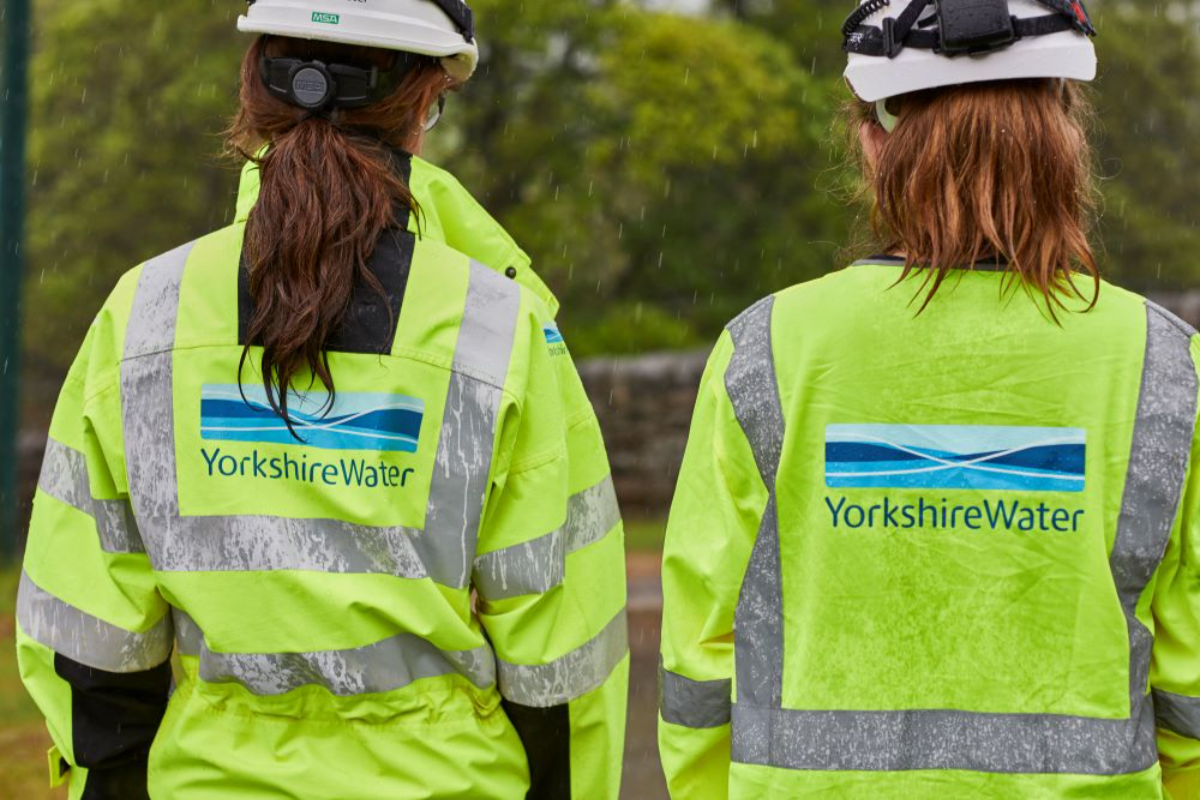 Sewage Allowed Into Major East Riding River For Much of Last Year
Sewage Allowed Into Major East Riding River For Much of Last Year
 Scarborough Swimming Club's National Success
Scarborough Swimming Club's National Success
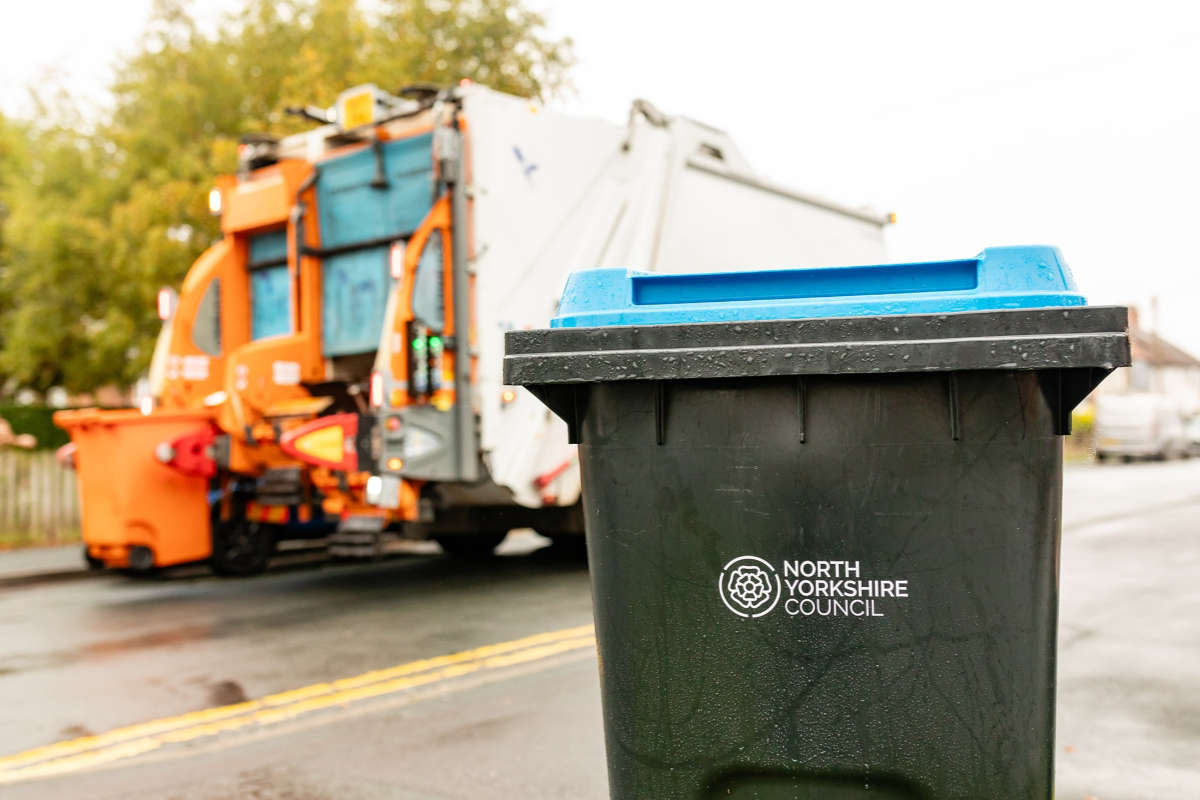 New Services Mean Four-Day Week For North Yorkshire Bin Workers
New Services Mean Four-Day Week For North Yorkshire Bin Workers
 Scarborough Gymnast Wins TV's Gladiators
Scarborough Gymnast Wins TV's Gladiators
 East Yorkshire Run To Support Scarborough's St Catherines
East Yorkshire Run To Support Scarborough's St Catherines
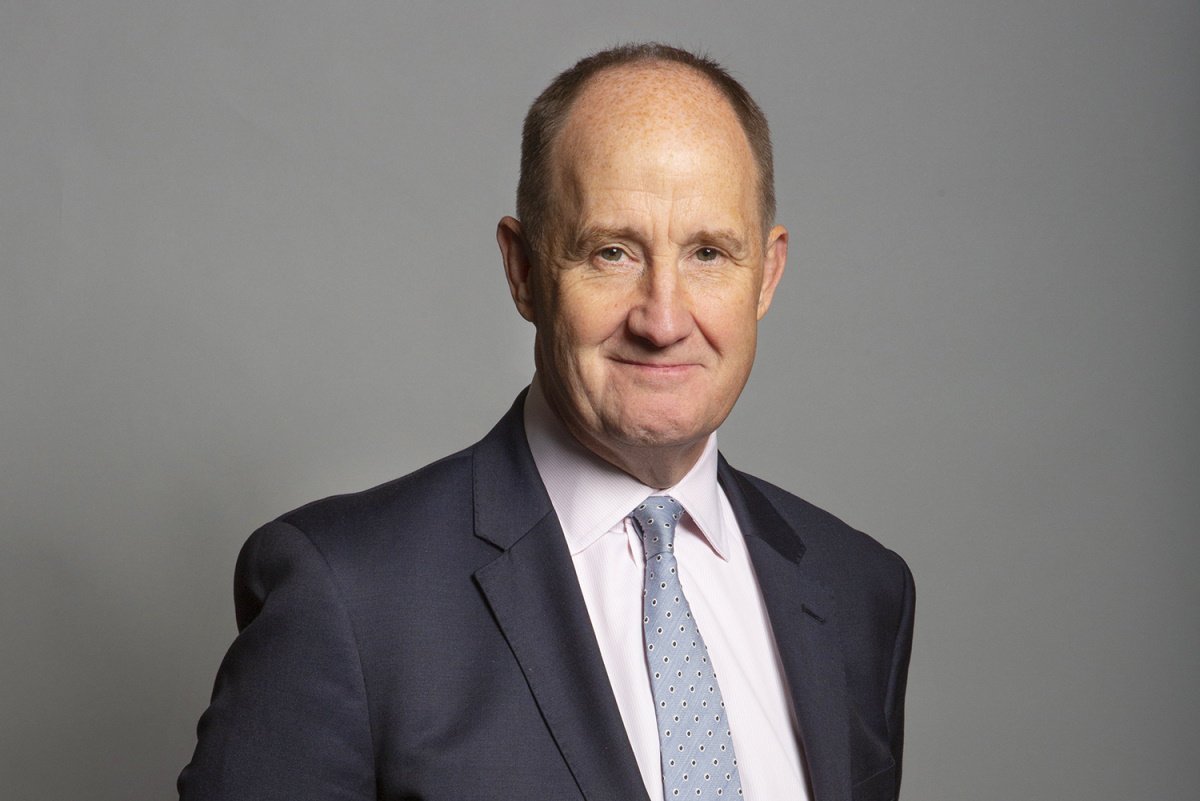 Filey MP Launches Pub Contest
Filey MP Launches Pub Contest
 Scarborough Athletic Beaten By Bucks
Scarborough Athletic Beaten By Bucks








Comments
Add a comment